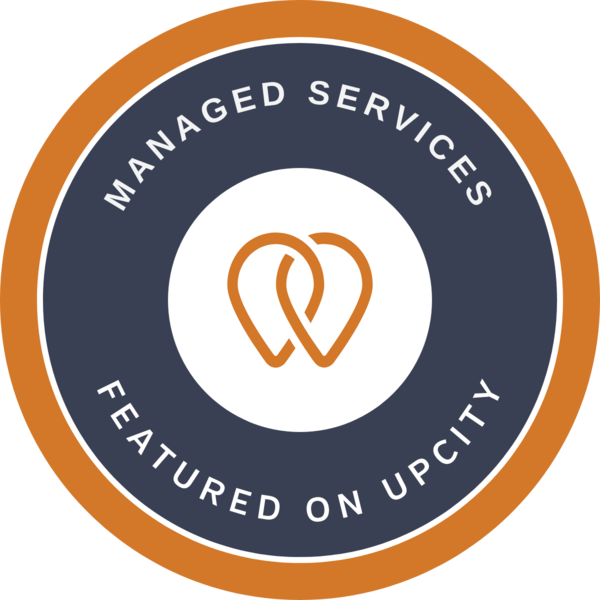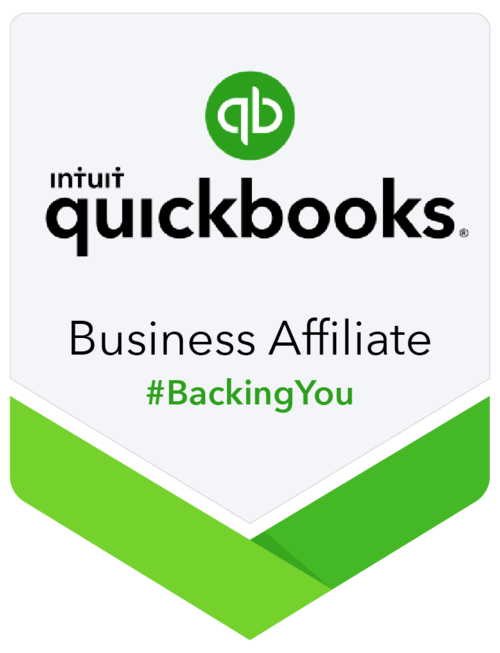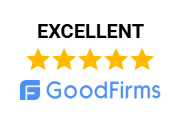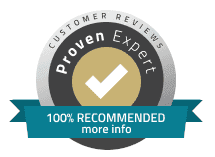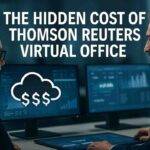When evaluating Virtual Desktop Infrastructure (VDI) and Remote Desktop Services (RDS) for small businesses, cost is a decisive factor. Here’s a detailed, practical breakdown based on the latest industry research and real-world use cases:
Initial and Ongoing Costs
- VDI:
- Higher Upfront Investment: VDI requires robust server hardware, storage, and networking to host multiple isolated virtual machines. Each user needs a separate OS license, which increases licensing costs as your user count grows.
- Infrastructure Complexity: The need for advanced virtualization software, dedicated resources per user, and skilled IT management adds to the initial and ongoing expenses.
- Subscription Options: Cloud-based VDI (DaaS) can reduce upfront costs by switching to a per-user, per-month subscription, but the per-user cost remains higher than RDS.
- RDS:
- Lower Upfront and Licensing Costs: RDS is more budget-friendly because multiple users share the same server environment and a single OS license, significantly reducing both hardware and software expenses.
- Simplified Management: The centralized, shared environment means lower administrative overhead and maintenance costs, ideal for small businesses with limited IT resources.
Cost Table: VDI vs. RDS
| Cost Aspect | VDI | RDS |
|---|---|---|
| Initial Setup | High (servers, storage, licenses per user) | Low (shared server, single OS license) |
| Licensing | Per-user OS and software licenses | Single OS license for all users |
| Hardware | Powerful, scalable servers needed | Modest server hardware suffices |
| Maintenance | Higher (complex, skilled IT required) | Lower (centralized, easier to manage) |
| Scalability | Flexible but adds cost per new user | Quick for small teams, limited by server load |
| Typical Use Case | 10+ users, custom desktops, high security | <20 users, standardized apps, cost-sensitive |
Concrete Cost Example
- VDI:
- For 10 users, annual VDI Virtual Desktop Infrastructure subscription costs can be around $396 per user, totaling $3,960/year, not including initial hardware or advanced licensing. Over four years, this can reach $15,840.
- Additional costs include IT management, infrastructure upgrades, and potential downtime for complex maintenance.
- RDS:
- For the same 10 users, RDS Remote Desktop Services requires fewer licenses and less powerful hardware. The total cost is typically much lower, making it the preferred choice for small businesses with standardized workflows and limited budgets.
Key Takeaways for VDI Virtual Desktop Infrastructure
- RDS is almost always more cost-effective for small businesses, especially those with fewer than 20 users, standardized application needs, and limited IT staff.
- VDI justifies its higher cost only when your business requires personalized desktops, strict security isolation, or you need to support a highly dynamic and scalable workforce.
Summary Table: VDI vs. RDS Cost for Small Business
| Feature | VDI | RDS |
|---|---|---|
| Upfront Cost | High | Low |
| Per-User Cost | High (per VM, per license) | Low (shared license) |
| Maintenance | Complex, expensive | Simple, affordable |
| Best For | Security, customization, scalability | Cost, simplicity, standard tasks |
Conclusion
For most small businesses, especially in accounting and tax, RDS offers a significantly lower total cost of ownership and easier management. VDI Virtual Desktop Infrastructure is best reserved for firms with advanced security or customization needs willing to invest in higher infrastructure and licensing costs







